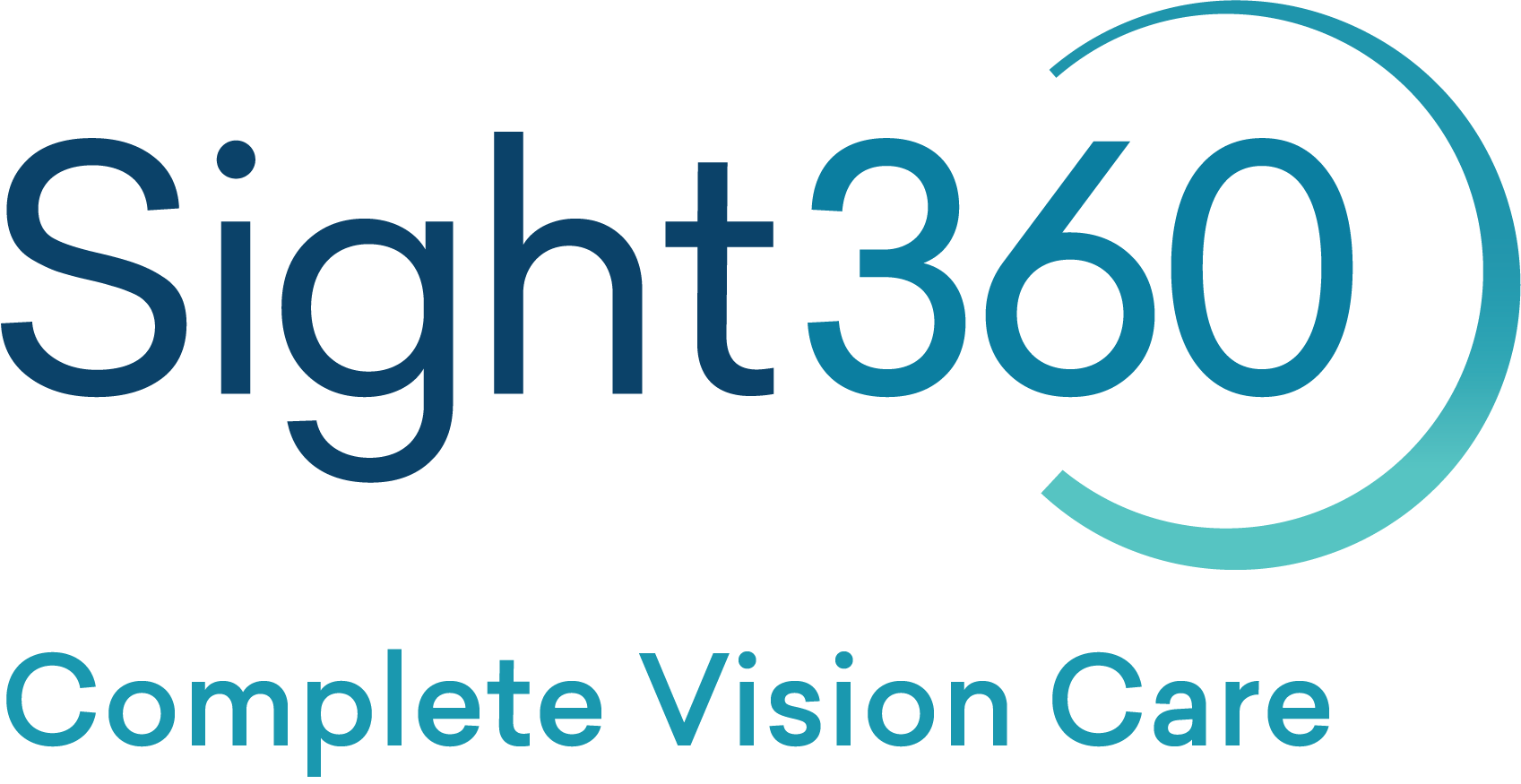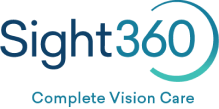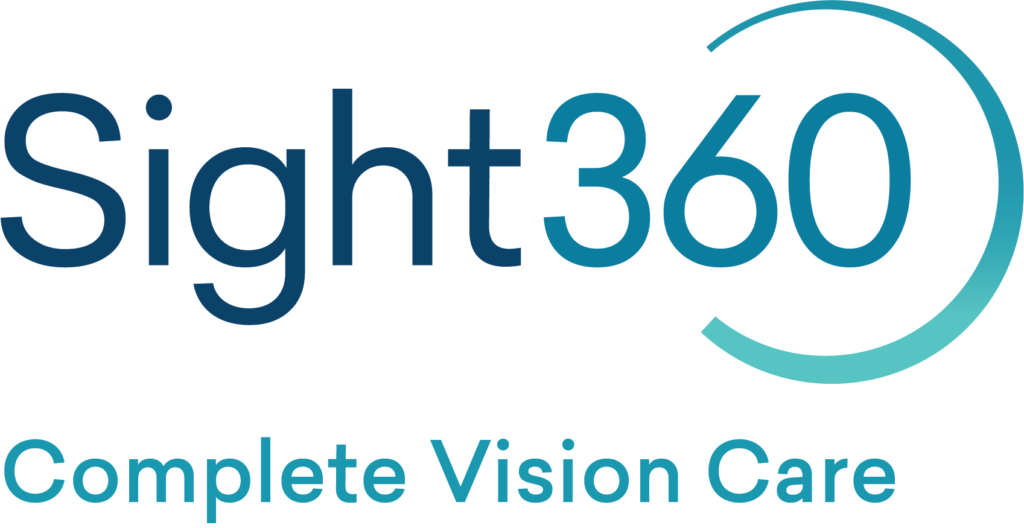What is Presbyopia?
For adults between the ages of 40 and 50 years old, it is common to begin experiencing more noticeable near-vision problems. Generally, this is due to normal ocular aging that results in an eye condition known as presbyopia. While the onset of presbyopia cannot be prevented, even for those who have always had perfect vision, corrective treatment options like prescription glasses and contact lenses can help you manage your vision changes. Presbyopia occurs when the eye’s crystalline lens becoming less flexible with age and therefore becomes unable to make the fine adjustments needed to help you focus on things up close. As a result, your near vision suffers. Unfortunately, presbyopia is natural part of the aging process and cannot be prevented, so it’s important to recognize the signs and symptoms so you can seek appropriate diagnosis and treatment from your eye doctor when the time comes.Presbyopia Diagnosis
The best way to diagnose presbyopia is to see your eye doctor. Because there are many other conditions that can affect your vision, it’s important to rule out other more serious problems, such as cataracts.Common Signs of Presbyopia
You may be suffering from presbyopia if the following apply:- You are between the ages of 40 and 65
- You have a tendency to hold reading materials at a distance to achieve better clarity
- You experience eyestrain, headaches or fatigue when performing close-up visual tasks
- You notice blurry vision or you have difficulty viewing letters at closer range
Treating Presbyopia
Presbyopia is most commonly treated with the use of prescription eyeglasses, however for patients who wish to avoid being dependent on bifocals or trifocals, presbyopia can also be treated with contact lenses. In some cases, you may wish to seek alternative treatments such as LASIK surgery. The Sight360 team can help you make an informed decision by evaluating both your physical requirements and personal preferences. To find out more about the diagnosis and treatment of presbyopia, schedule an appointment with one of our experienced eye doctors.
Book Appointment
Whether you are an optician or a renowned surgeon, we have a place for you to make a lasting impact on patients and build a fulfilling career. Apply today!


